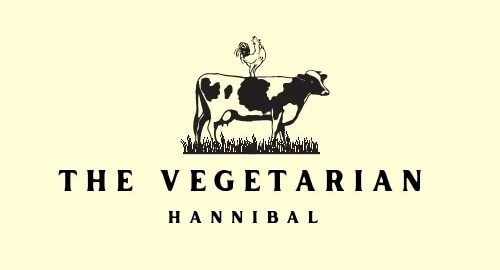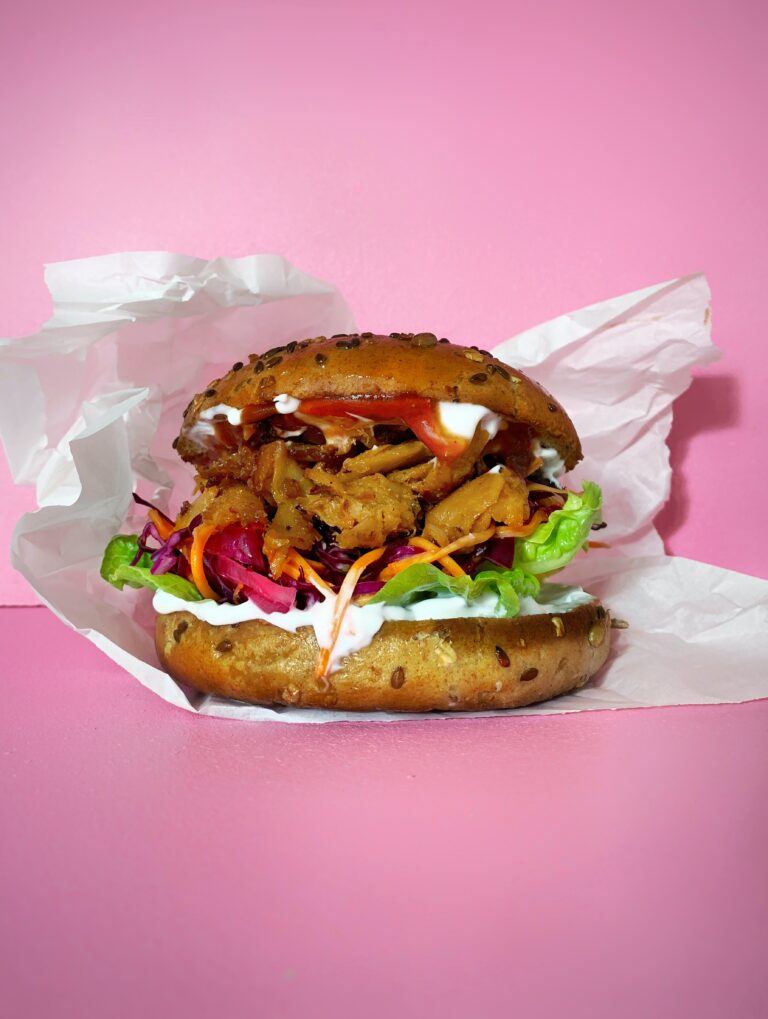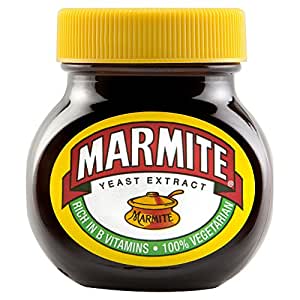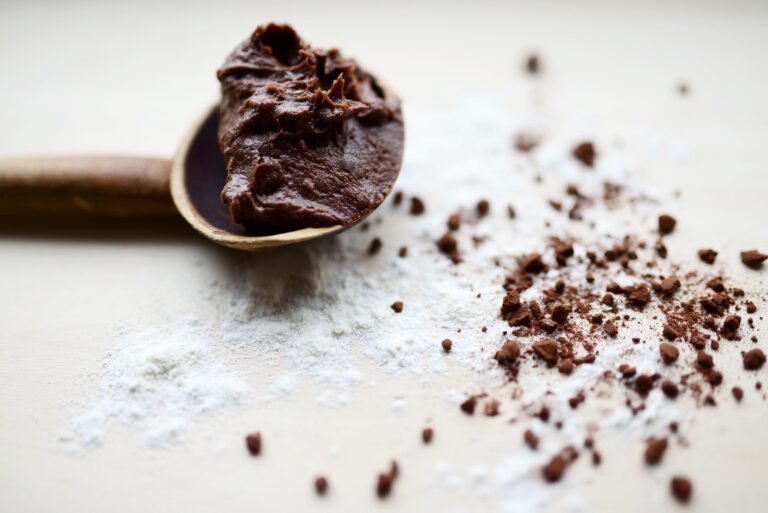Was Hitler vegetarian?
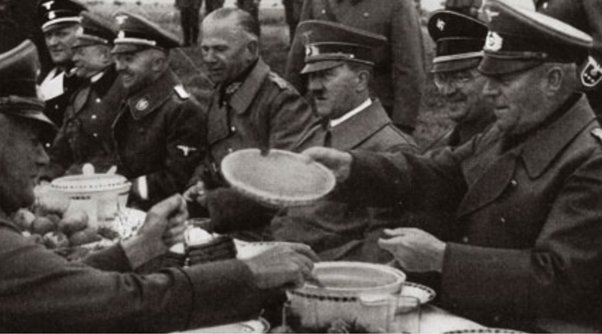
Adolf Hitler, the infamous dictator of Nazi Germany, remains a subject of curiosity and fascination for many, even long after his reign. Alongside his political ideologies and actions, various aspects of Hitler’s personal life have piqued the interest of historians and researchers. One such topic that frequently emerges is Hitler’s dietary choices, specifically the claim that he was a vegetarian. Was Hitler vegetarian or vegan?
Contents
No, Hitler was not a vegetarian. What can be said with certainty is that Hitler liked animals. Hitler was an animal rights activist and shocked diners with gruesome descriptions of slaughterhouse carnage, so that “many guests felt sick,” his cook reported. Hitler biographer Robert Payne also points out that the image of an ascetic and vegetarian leader served as a propaganda construct, cultivated especially by the carnivorous Goebbels.
Besides that, Hitler banned the sale of stuffed foie gras in Germany. But Hitler was not completely consistent: he loved stuffed pigeons. The filling was a mush of tongue, liver, and pistachios. One cook may recall that Hitler once said there was “nothing better than a liver dumpling.” The Führer also suffered from chronic constipation, for which he took up to 28 medications.
In November 1933, Hitler enacted the Reichstierschutzgesetz, which stated that animals were to be protected for their own sake. It was the most comprehensive animal protection law in the world up to that time. In a study, legal historian Winfried C. J. Eberstein writes that it “considerably improved the legal status of the animal.” Then in 1934 came the Reich Hunting Law, a year later the Nature Conservation Law, and in 1937 animal transport was legally regulated and these laws gave the Nazis worldwide prestige.
What did Hitler eat?
We know what the dictator‘s daily menu looked like. It is certain that the Austrian-born dictator had no inclination for roasts and other meat dishes, but he did not necessarily impose his aversion on his dinner guests.
Hitler had his own diet cook
Since 1933, he was always cooked for by his own cook, from 1944 until the last lunch on April 30, 1945, in the Führerbunker by the dietician Constanze Manziarly. Other members of the large court around the dictator, however, usually received completely normal German home cooking.
In any case, the diet of the dictator is historically largely meaningless. Propagandistically, the “stew Sundays” were emphasized. For this purpose, Hitler also received guests in the Reich Chancellery, who are said to have arranged to meet afterward in a good Berlin restaurant.
Hitler’s Dietary Preferences
The notion that Hitler followed a vegetarian diet gained popularity through anecdotes and claims made by those who knew him. Several associates and aides, such as Albert Speer and Joseph Goebbels, attested to Hitler’s vegetarianism in their memoirs and interviews. These accounts portrayed Hitler as an ardent advocate of animal rights and suggested that his dietary choices were driven by ethical concerns.
Historical Evidence and Contradictions
However, when examining the historical evidence, the picture becomes less clear-cut. While some testimonies support the claim, others dispute it. Several individuals close to Hitler, including his personal chef, Dione Lucas, have refuted the notion of his strict vegetarianism. Lucas, who worked at Hitler’s mountain retreat, the Berghof, stated that Hitler consumed various animal products, including liver dumplings and sausages. Additionally, some records indicate that Hitler occasionally consumed game meats and fish.

Interpreting Hitler’s Dietary Habits
To understand Hitler’s dietary habits, it is crucial to consider the motivations behind his choices. Some historians argue that Hitler’s interest in vegetarianism stemmed more from health concerns than ethical considerations. Hitler suffered from digestive issues and believed that a vegetarian diet would alleviate his symptoms and improve his overall well-being.
Propaganda and Public Image
Another perspective to consider is the potential role of propaganda and the shaping of Hitler’s public image. Nazi propaganda often depicted Hitler as a man of strong will and discipline, and promoting his vegetarianism could have served to reinforce this image. Hitler’s dietary preferences may have been exaggerated or manipulated for political purposes, presenting him as a symbol of purity and virtue.
Conclusion
While various accounts exist regarding Hitler’s dietary choices, the question of whether he was a strict vegetarian remains unresolved. Conflicting testimonies and historical evidence make it challenging to ascertain the truth definitively. Whether his diet was motivated by ethical concerns, health reasons, or political image-making, it is essential to approach the topic with critical analysis and skepticism.
Understanding the historical context, the complexity of Hitler’s personality, and the potential biases of those who provided accounts is crucial in unraveling the truth. Ultimately, the debate surrounding Hitler’s vegetarianism serves as a reminder of the complexities and uncertainties that often surround historical narratives, and the importance of diligent research and critical thinking when examining historical figures and their personal lives
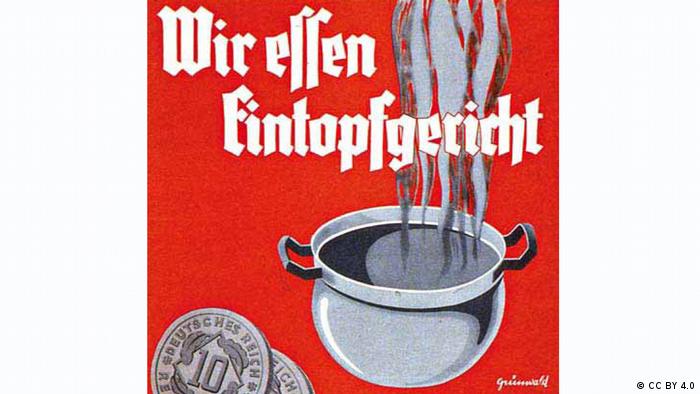
Source: Vice
